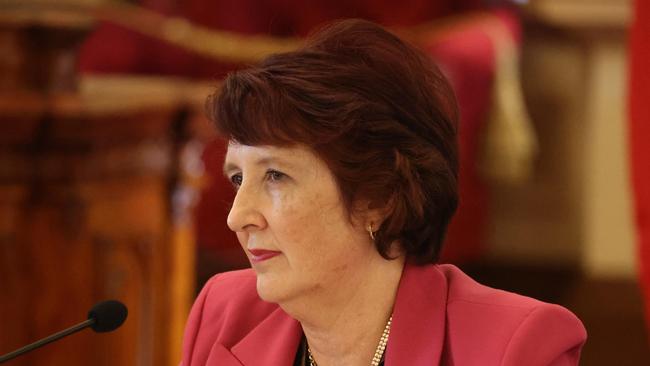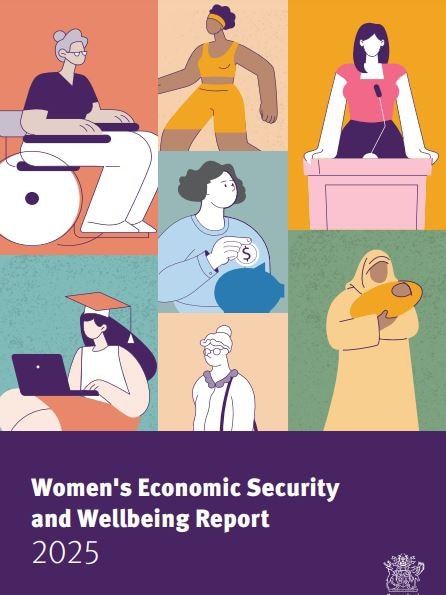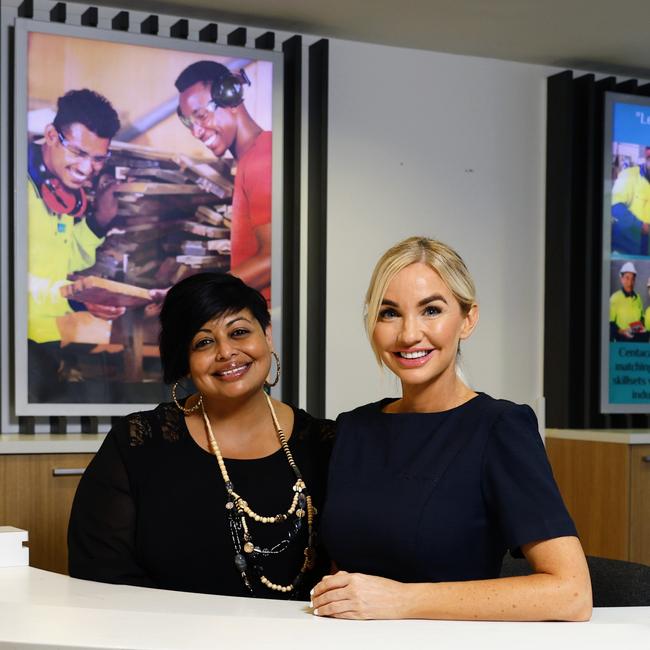New report reveals women's shocking economic insecurity cross FNQ
Cairns women are waiting more than a year on average find a job and are much more likely to become homeless according to a new report and data released by the state government.

News
Don't miss out on the headlines from News. Followed categories will be added to My News.
Cairns women are waiting more than a year find a job and are much more likely to become homeless, according to a new report.
Despite improvements to the gender pay gap, the report showed more than 15 per cent of women retired without personal income and that 60 per cent of all homeless people in the state were women.
Data from Australian Bureau of Statistics and Queensland Government Statistician’s Office showed Cairns women spent 57 weeks on average searching for full employment.

Ms Simpson said the data painted a much bigger picture of inequality across Queensland.
“The data shows women continue to be overrepresented in unpaid work and lower paying jobs, are significantly more likely to be a victim of violence, including sexual assault and elder abuse, and have lower superannuation,” Ms Simpson said.
“While the gender pay gap has closed slightly, the data tells a much deeper story — women still face significant barriers.
“This is particularly apparent for Aboriginal and Torres Strait Islander women who have a lower life expectancy than non-Indigenous women and are at least twice as likely to become a victim of sexual violence.
“Boosting women’s workforce participation and safety, achieving gender equality and better economic outcomes for all Queensland women is a key priority of the Crisafulli Government.”

The report also revealed women were overrepresented across casual, temporary and part-time employment that drove economic insecurity.
Senior manager at CentaCare FNQ Andrea Obeyesekere said a combination of cultural expectations, poor infrastructure and a skyrocketing rental market meant many women, particularly those from Indigenous and culturally diverse backgrounds, didn’t have the luxury to wait for full-time employment.
“We’ve seen any women who … are having significant wait periods to enter their employment space and that’s causing significant hardship to them because of the high cost of living and the housing crisis,” Ms Obeyesekere said.
“Employment is really tough because of the barriers around caregiving to their children or barriers around what they can access, they might not have a car and we have really poor public transport in Cairns.
“When you’re completely priced out of the market and you can’t make basic needs, you don’t have the luxury of taking your time ... it’s just a necessity to survive and so we’re seeing more of that in the last two years.”
Ms Obeyesekere stressed there were opportunities available if barriers could be managed.
“Get in touch with local providers through your neighbourhood centres or through your local organisations and see what they can offer you because there is a lot out there for people. It’s just about making connection with it,” Ms Obeyesekere said.
Originally published as New report reveals women's shocking economic insecurity cross FNQ



